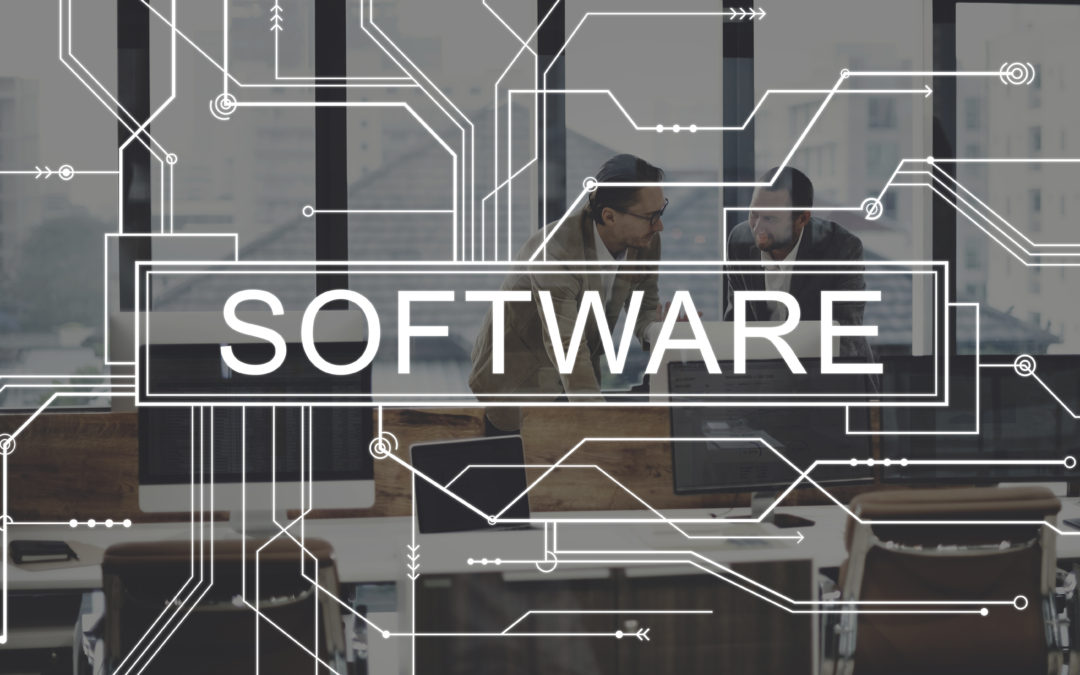The future of traditional industries is questionable as technology continues to advance. We all see articles and posts about autonomous cars, healthcare at the palm of your hand with the Tricorder X, and more. The question is, as interesting as these technological developments are, how are they changing the world before our eyes? More so, how will these changes affect my native country, Yemen?
Every day new products are introduced to the market such as software that will handle administrative work, software that will order you a car to pick you up and deliver you, even software that will let you rent a house or apartment across the world without having to go through a hotel service. Let’s look at the facts. Uber is a software that is the largest taxi company in the world and it does not own a single car. There are around 8 million users of Uber worldwide, which makes sense with 2 billion mobile phone users in the world. Uber now claims a net worth of $51 billion with approximately 14,088 cars in New York alone.
Many industries have been hurt by Uber and its competitor Lyft. According to LA Times, since the introduction of the services to Los Angeles, the L.A. total taxi trips have plummeted by 30%. Taxi drivers are earning a considerably less salary, taking home almost 50% less each week. Additionally, the city has lost over 580 drivers.
Ford recently fired its CEO Mark Fields and replaced by Jim Hackett. According to Bill Ford, “This is a time of unprecedented change. If you look at the technology coming into our industry, the competitors coming into our industry…we really need transformational leadership.” With the race on for the autonomous cars to be made public by 2018, traditional car companies are must keep up with technologically based companies such as Google, Intel, Tesla, etc. Hackett has promised to introduce a Ford self-driving car by 2021. The car industry is already threatened by the fact that the younger generations aren’t buying cars. Software such as Uber and Lyft poses an obvious threat, but with autonomous cars as the future, making companies will have to keep up with technological advances.
Outside of the automobile industry is the tourism industry. Airbnb is now the largest hotel company in the world even though it owns zero properties. Airbnb has more than 3 million listings globally. The software app’s market growth is very high with their listings tripling in one year in dense markets. That compares to the average growth rate of 3.2% in the traditional hotel industry.
More so, with IBM Watson, it has been proven that individuals can receive legal advice within seconds with a 90% accuracy rate compared to 70% accuracy from humans. Taking the stand isn’t all that Watson does; apparently, the software also diagnoses cancer four times more accurate than human medical professionals. According to IBM, we are in an “information revolution.” The company expects health data to grow by 99%, insurance data by 94%, utilities data by 99%, and manufacturing data by 99%. With software taking over and industries future in the dark, how will this affect Yemen?
With technology being the future and the age of software upon us, one can only hope that these technological advances make it to countries such as Yemen. Accessible software for education purposes could increase the education rate in Yemen. Additionally, with software such as Watson or medical developments such as the Tricorder X, the future of the healthcare industry may be saved after so many medical establishments have been lost to war. If software can change the landscape of almost every industry and make it more effective, I don’t see how it wouldn’t develop to aid struggling countries. The possibilities are endless, specifically in the realm of water purification, ending famine, and effectively using resources.
